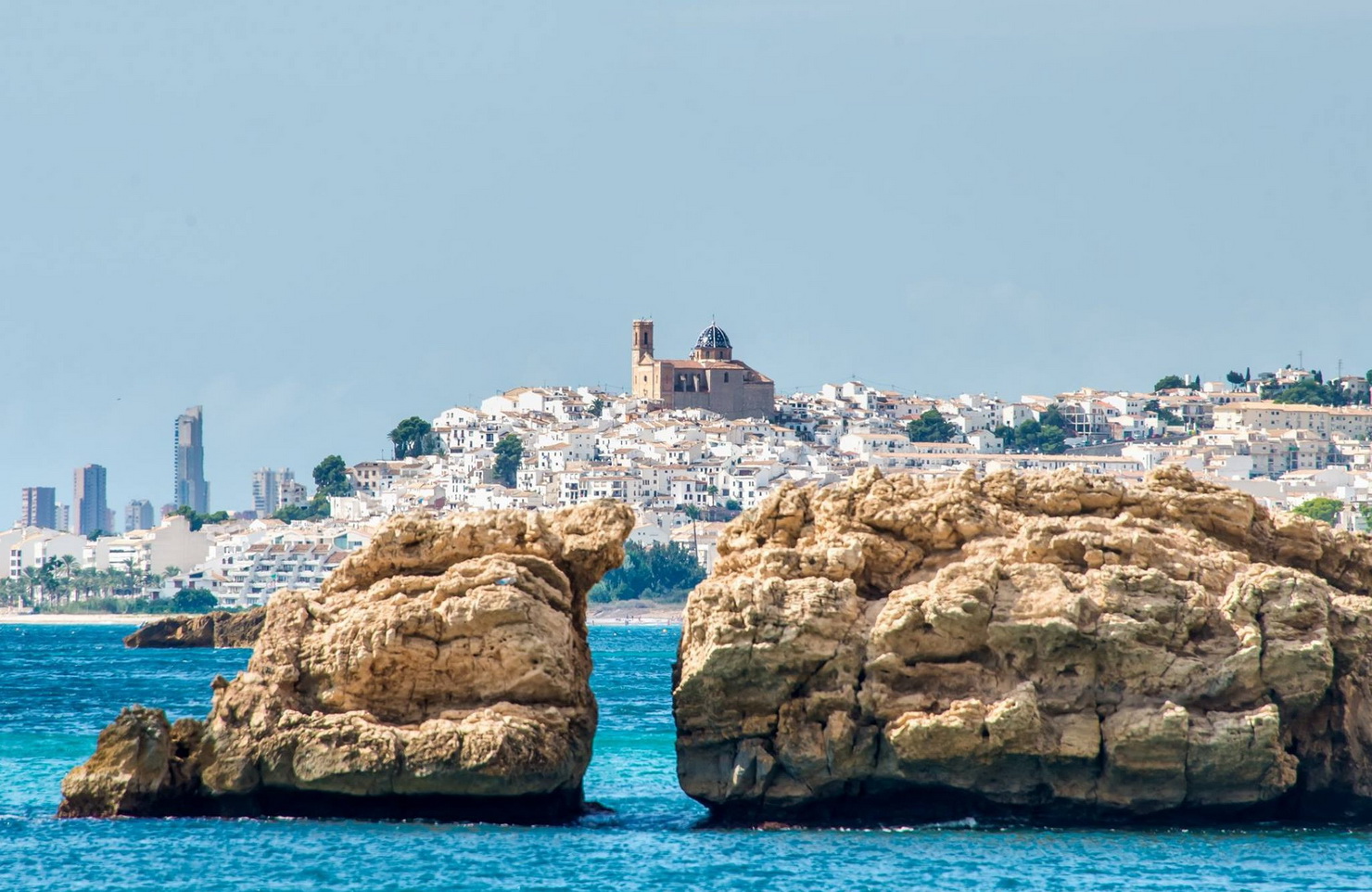
Altea has officially lifted its year-long suspension on tourist rental licenses, but property owners now face a new, more structured set of regulations designed to control the growth of short-term rentals on the Costa Blanca property market. If you’re an international property buyer looking to invest in homes you can rent through platforms like Airbnb or Booking.com., here’s what you need to know about the updated process in 2025.
Step 1: Check Your Property’s Eligibility
Following new municipal regulations, not every property in Altea is automatically eligible for a short-term rental license anymore. Authorities have introduced zoning rules that cap the number of tourist-use dwellings in saturated areas.
Some parts of town, like the historical Old Town and Carrer la Mar, are now restricted, while high-risk zones such as Pla de Castell and Cap Negret have stricter limits based on the Residential Pressure Index (IPRE).
Before applying, verify whether your property meets the requirements, particularly in popular areas of the Altea real estate market where demand from tourists remains high.
Step 2: Apply for a Tourist License
If eligible, your next step is applying for a Vivienda de Uso Turístico (VUT) license through regional authorities. This is still a key requirement in the Spanish real estate market 2025 and ensures that your property adheres to safety, zoning, and quality standards expected by guests and regulators alike.
It’s worth noting that under the new rules, only entire homes, not rooms, can be rented to tourists, and stays are capped at 10 consecutive days per guest. If a guest stays more than 10 days, the rental shifts from ‘tourist rental’ to ‘seasonal rental’ status and becomes subject to different legislation; it may require a different type of contract or different obligations.
Step 3: Obtain Community Approval
If your property is located within a residential community or building, you’ll also need approval from the homeowners’ association. This empowers communities to maintain balance and protect the Mediterranean lifestyle in Spain, which is a big draw for visitors and locals alike.
Step 4: Register in the National Registry
New this year, all licensed tourist properties must now also be registered in Spain’s national database for short-term rentals. This additional step increases transparency and ensures that only legal, properly licensed homes are advertised on platforms.
For investors, this means your property in Altea real estate will meet both local and national requirements, protecting your revenue stream and helping preserve the Mediterranean climate, character, and scenic beaches of Alicante that make the area so desirable.
Why These Changes?
These new measures reflect trends seen throughout the Alicante real estate market: strong demand from foreign investors, growing expat communities, and an emphasis on sustainable growth amid rising property values. They also align with broader property price growth in Spain, ensuring that the Costa Blanca real estate sector remains healthy and attractive for years to come.
Ready to Get Started?
At Elena Hills, we help clients navigate the complexities of buying and renting in the Costa Blanca property market. Whether you’re looking for a Costa Blanca luxury villa, an affordable second home, or seeking out the best Alicante investment opportunities, our team will guide you through every step, including securing your tourist license and national registration.
Contact us today to make the most of your investment and enjoy everything the Mediterranean lifestyle in Spain has to offer!